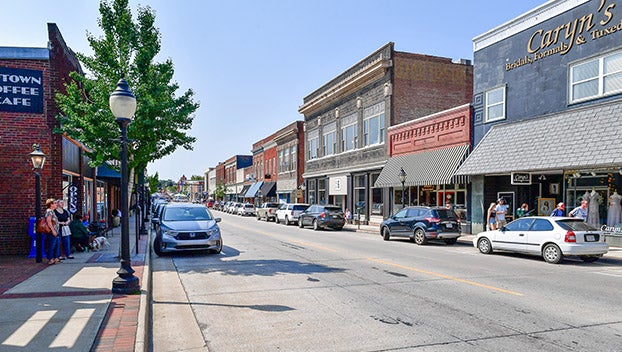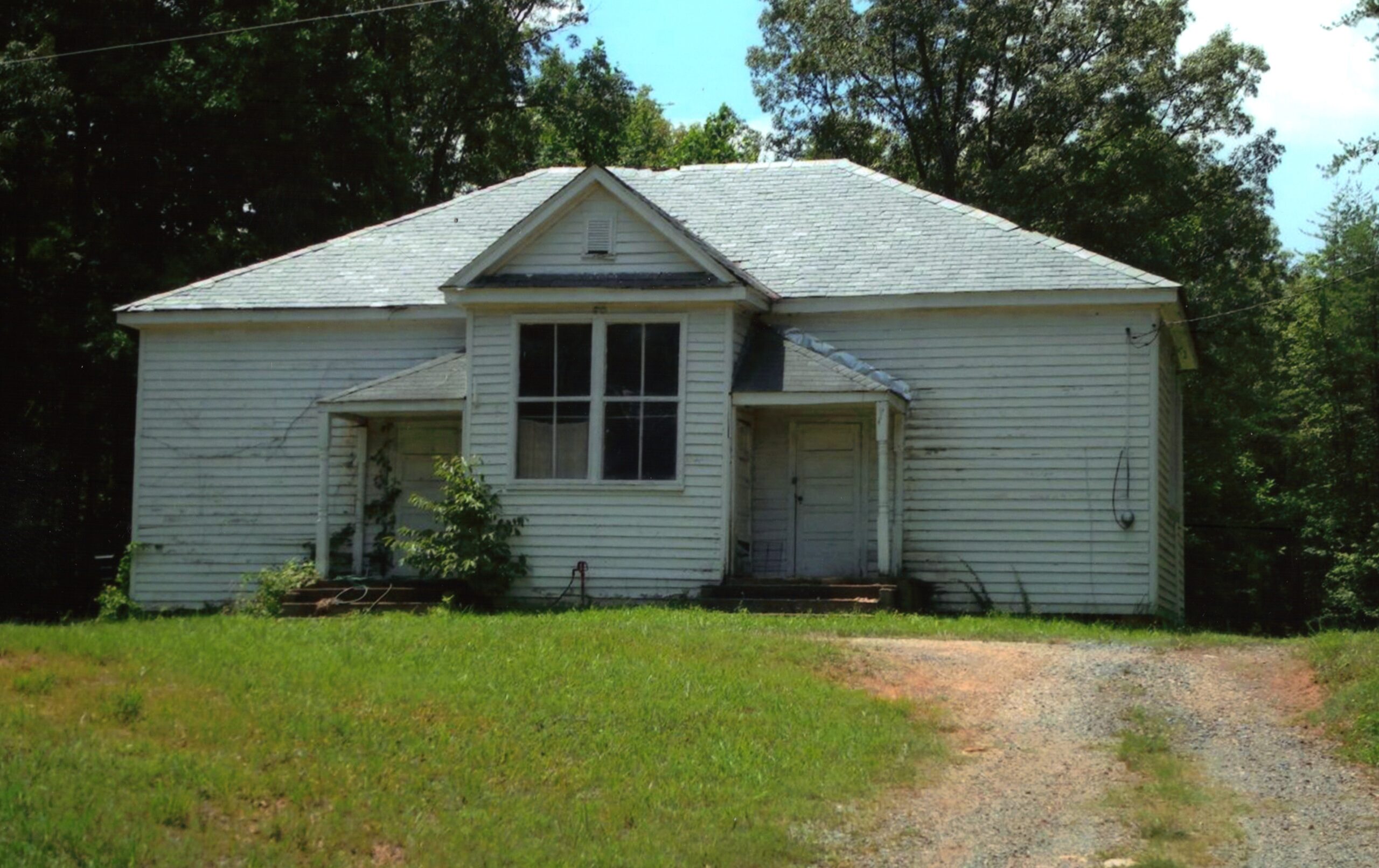Cumberland FY21 real property tax rate set at 77 cents
Published 6:00 am Friday, May 1, 2020
|
Getting your Trinity Audio player ready...
|
The Cumberland County Board of Supervisors voted 3-2 Tuesday, April 28, to set the county’s Fiscal Year 2021 (FY21) real property tax rate at 77 cents per $100 of real assessed value.
Although the rate is a cent less than the previous FY20 tax rate of 78 cents per $100, a 10.87% assessment increase this year means most taxpayers will be paying more in property taxes than in previous years.
In order to offset the increase, the board would have had to set the rate at 71 cents.
Trending
The effective rate increase means a taxpayer who paid $780 last year on a property valued at $100,000 will pay $847 on a property now valued at $110,000, even though their rate was one cent more last year.
Although County Administrator Don Unmussig said at the beginning of April the board’s advertised effective rate increase of 78 cents was a “worst-case scenario” and the number would most likely be different once the board made its final decisions, the difference after Tuesday night wasn’t much.
“When we developed the budget and realized that based on projected revenue, 77 cents was break even with expenditures, 78 cents was no longer on the table,” Unmussig said Wednesday morning in reference to the board’s vote.
“Any drop below 77 cents would have a negative effect on the amount the county would be able to allocate to the schools. The non-availability of the $500,000 one-time payment used the previous year placed us in a bad position from the start.”
Unmussig also said the fluidity of the ongoing COVID-19 pandemic has required the county to act on unforeseen circumstances.
“The pandemic required us to switch to an electronic format for the safety of our citizens and employees, but we feel that we were as transparent and straightforward as we could be.”
Trending
When discussing the proposed tax rate at the Board of Supervisors meeting Tuesday night, District 2 Supervisor Ron Tavernier said that while he understood the constraints of the county, his constituents had expressed they were not willing to take a drastic tax increase unless the controversial Green Ridge landfill to be built in Cumberland was taken off the table. Tavernier recommended nothing higher than a 74-cent tax rate.
“I don’t feel that we should tap into our reserves by any means,” District 3 Supervisor and Board Vice Chair Eurika Tyree said. “I’d love to lower our taxes as far as we can bring them down, but there’s no need to bring them down so low that by next year we need to bring them back up and keep going back and forth, and that’s not fair to the citizens of Cumberland.”
Tyree recommended a 77-cent tax rate.
“I recognize the board is between a proverbial rock and a hard place,” District 4 Supervisor Gene Brooks said. “But to ask the public to support just a one-cent drop in the tax rate, to me is an insult.”
Brooks said Cumberland residents themselves are having to dip into their own “reserve funds” to pay their bills.
District 5 Supervisor Robert Saunders Jr. said he was also wary of having to dig deeply into the county’s reserve fund. He too supported a 77-cent rate.
District 1 Supervisor and Board Chairman Brian Stanley said that while he recognized citizens are struggling and that the coronavirus has made many things uncertain, the board has a responsibility to ensure a good financial future for the county.
“If we set the rate too low this year, we will be required to either cut funding for the schools or dip into our reserves. If we dip into our reserves this year, then we’re going to dip into the reserves next year and the following year. If we do that then we are going to have no reserves if we have an emergency. We’ll have nothing to draw upon.”
Stanley pointed out that lowering the tax rate by just 1 cent would be a $96,966 loss to the county when taking into consideration the State Corporation Tax, which must be the same as the property tax. Stanley said he would support a 77-cent rate as well.
Tyree made a motion to formally set the tax rate at 77 cents per $100 of assessed value. Stanley seconded the motion.
Stanley, Tyree and Saunders voted yes to the rate. Tavernier and Brooks voted no. The motion passed.
The board voted unanimously to adopt the FY21 budget. The board’s discussion about tax rates during the online Zoom meeting took less than 10 minutes.






